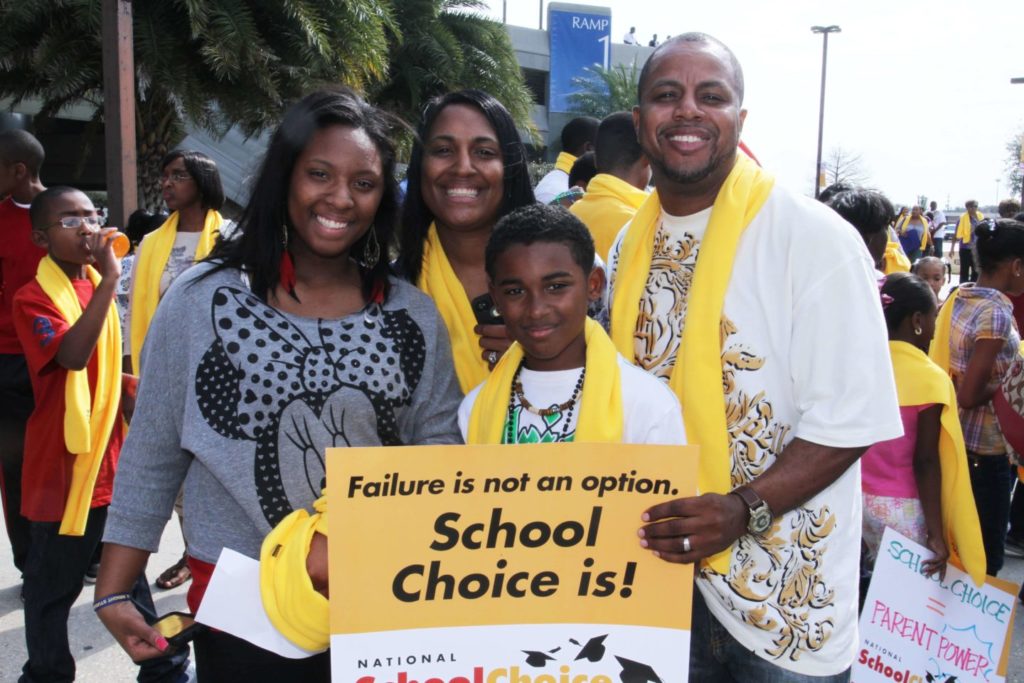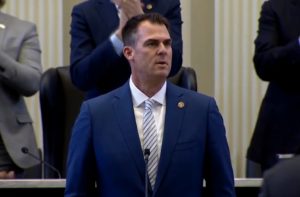Education audit reveals why Louisiana needs school choice
If there was ever a time to reconsider whether public education does its job, many policy experts and lawmakers say that time is now.
Louisiana’s legislative auditor released a report showing…

If there was ever a time to reconsider whether public education does its job, many policy experts and lawmakers say that time is now.
Louisiana’s legislative auditor released a report showing low-income students and racial minorities are often stuck in the poorest performing schools and least likely to attend a private school.
The report ranks public schools A through F and found that F-rated schools have populations that are 80% black and 9% white, while A-rated schools are only 20% black and 66% white. Similarly, poorly rated schools – D or F – are almost entirely composed of economically disadvantaged students – 88% and 92.5% respectively.
The resultant achievement gap between is therefore unsurprising in Louisiana, both in college achievement and K-12 testing.
In 2019, NAEP scores revealed the average black student scored 28 points lower than the average white student – which was actually an improvement from 1998 when the gap was 38 points.
A report from 2022 also showed that less than half of Louisiana’s young public-school students were reading at grade level, prompting the state superintendent to consider implementing mandatory summer school. And Louisiana’s overall literacy is among the worst in the nation.
But a new school choice bill seeks to change that.
Rep. Rhonda Gaye Butler, R-District 38, introduced HB9, which would create a school choice program to serve low-income students. Studies show school choice programs can improve test scores, increase graduation rates, and reduce the achievement gap.
Since traditional public schools are losing students by the thousands, school choice advocates believe now is the time to help all students access an education best suited to their unique needs.
“Every kid deserves the chance to receive a great education,” said Erin Bendily, vice president for policy and strategy at the Pelican Institute. “These findings show that’s not happening for thousands of Louisiana children and that has to change.
“It starts with giving them the ability to attend a school that fits – one that truly meets their individual needs – while at the same time holding failing school accountable for improvement.”



